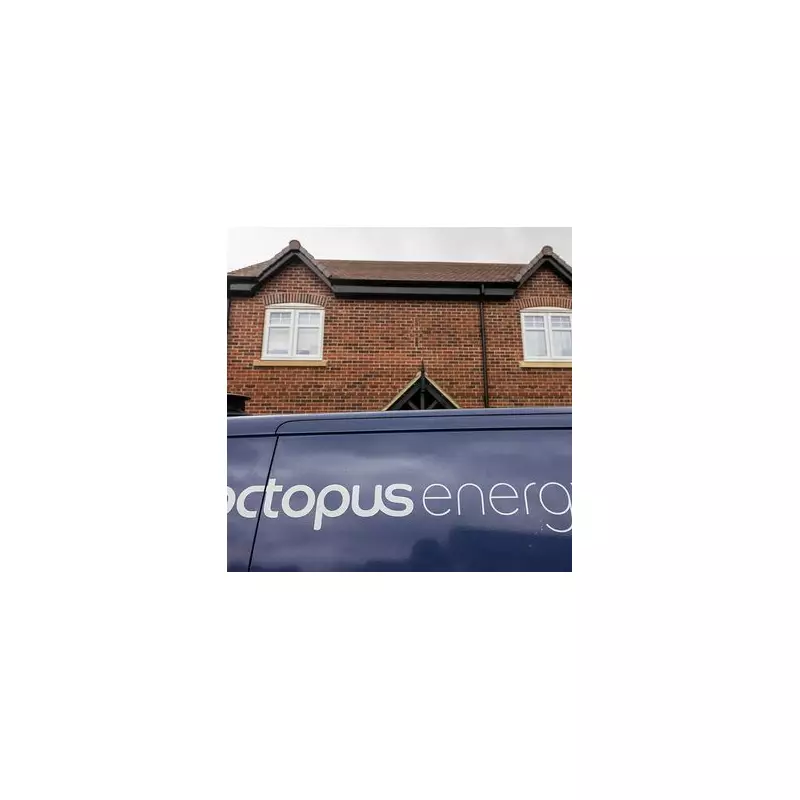
In a major breakthrough for electric vehicle owners, Octopus Energy has received official approval from energy regulator Ofgem for its innovative 87p per mile charging tariff. This groundbreaking move could revolutionise how Britons power their electric cars while saving money on household energy bills.
The Game-Changing EV Tariff
The newly approved 'Intelligent Octopus Go' tariff offers electric vehicle drivers an incredibly competitive rate of just 87p per mile during off-peak hours. This represents one of the most affordable EV charging options currently available in the UK market, potentially saving drivers hundreds of pounds annually compared to standard charging rates.
How the Smart Charging Works
Unlike traditional fixed-rate tariffs, Octopus Energy's smart system automatically schedules charging during the cheapest six-hour overnight window when energy demand is lowest. The technology intelligently manages your charging needs while ensuring your vehicle is ready when you need it.
- Automatic off-peak charging during the cheapest six-hour window
- Smart scheduling that ensures your EV is charged by morning
- Significant savings compared to standard charging rates
- Seamless integration with compatible electric vehicles
What This Means for UK Drivers
This approval comes at a crucial time when many households are facing rising energy costs. For the average EV driver covering 10,000 miles annually, the savings could be substantial compared to both traditional petrol vehicles and standard EV charging rates.
Ofgem's endorsement signals confidence in smart charging technology as a key component of Britain's transition to sustainable transportation. The regulator has implemented safeguards to ensure the tariff operates fairly and transparently for all consumers.
The Bigger Picture for Energy Consumers
This development represents more than just cheaper EV charging - it's part of a broader shift toward smarter energy management that benefits both consumers and the National Grid. By encouraging off-peak electricity use, these tariffs help balance energy demand and support the integration of renewable energy sources.
Energy experts suggest that such innovative tariffs could pave the way for more dynamic pricing models across the energy sector, potentially leading to lower bills for all households through better grid management.





